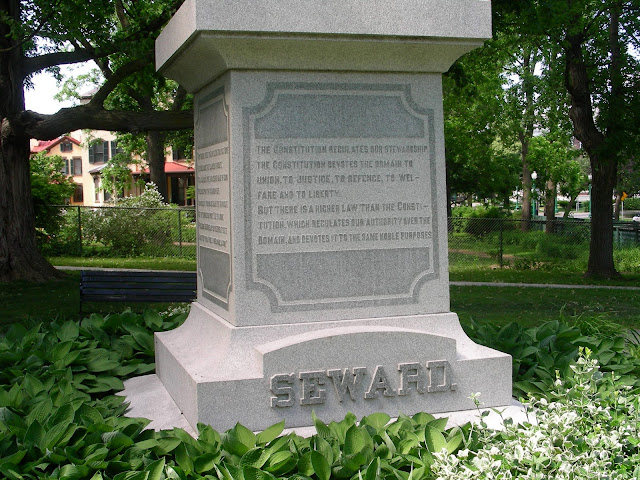 |
| David Bercot |
The Kingdom That Turned the World Upside Down
David W. Bercot
Scroll Publishing, 2003
268 pp., pb.
David W. Bercot is a thought provoking writer if nothing else. He is a practicing attorney who spent most of his adult life in Texas but now resides in Pennsylvania. He has written a number of books, and his vision of radical Christianity is sure to challenge the modern American Christian who has grown comfortable with the popular blend of Christianity, patriotism and middle class prosperity. Mr. Bercot takes us back to the early church with its strong emphasis on the moral and ethical teachings of Jesus. It is a book that will no doubt shock and disturb many.
And it is a message that sorely needs to be heard. We are far too complacent and far too ready to compromise our beliefs. We pass all too lightly over the ethical passages of the New Testament. But when Christ returns His assessment of the modern church may not be as comforting as we would like to think.
Nevertheless we feel that Mr. Bercot's work, as valuable as it may be at many points, is marred by several serious flaws. First and foremost is his black-and-white treatment of church history. For Mr. Bercot the Christian church can be divided up into two opposing camps: those who advocate what he calls "the Constantinian Hybrid" (the alliance between church and state) and "Kingdom Christians" who advocate what Mr. Bercot calls the simple kingdom gospel of Jesus. Chief among the former were St. Augustine and the major Protestant Reformers. Included among the latter are such groups as the Anabaptists, Mennonites and Quakers.
Mr. Bercot's tendency to see everything in black-and-white, either / or terms leads him into a series of false dichotomies. He tells us at one point that Jesus "didn't come to preach a message about changing governments and kingdoms of the world. He sought to transform individuals, not to transform the world" (p.115). But the Great Commission calls us to disciple the nations. By transforming individuals we transform the world. Likewise Mr. Bercot tells us that "The banner of Jesus' disciples wasn't 'God and country!' It was God or country" (p. 120). But if we are to love our neighbor and let our light shine before men, would that not include a care and concern for our country?
A major issue for Mr. Bercot is non-resistance. At one point he has a quote form John Calvin to the effect that, in Calvin's view, if God permitted even good kings in the Old Testament to wield the sword, why would He forbid Christian believers from serving in the government or in the military (p. 249; cf. Calvin, Treatise against the Anabaptists). Mr. Bercot criticizes Calvin on this point, saying ". . . in Calvin's mind, nothing had changed with the coming of Christianity. Everything – except theology and ordinances – was just the same as it had been in Israel" (Ibid.).
But Calvin raised a legitimate question. One of the Ten Commandments said, "Thou shalt not kill." The sanctity of human life has always been a basic moral principle right from the very beginning. Yet when taken in the context of the Mosaic legislation as a whole, the commandment obviously did not preclude either capital punishment or just war. In fact, long before Moses or the birth of Israel as a nation it was laid down as a basic principle that
"Whoever sheds man's blood,
By man his blood shall be shed;
For in the image of God
He made man." (Gen. 9:6; NKJV).
The word translated "kill" in the Sixth Commandment is used only to refer to the shedding of blood by a private individual, whether it be murder or manslaughter. It does not apply to acts of war or judicial punishment. (The Hebrew Bible has different words for killing in those contexts.)
So does the situation change in the New Testament? There we are told specifically that "the authorities that exist are appointed by God," and that the civil magistrate is "God's minister, an avenger to execute wrath on him who practices evil" (Rom. 13:1-6). So if capital punishment is specifically ordained by God, what prevents a Christian from serving in the capacity that God has ordained? Mr. Bercot would have us to believe that the fundamental principles of God's moral law have changed over time; that God forbids in the New Testament what He specifically enjoined in the Old. And while there are some things which doubtless pertained only to the theocracy of Old Testament Israel, the New Testament makes it plain that civil government, per se, is an institution ordained by God. It is hard to see how Mr. Bercot's position can be squared with Scripture when taken as a whole.








